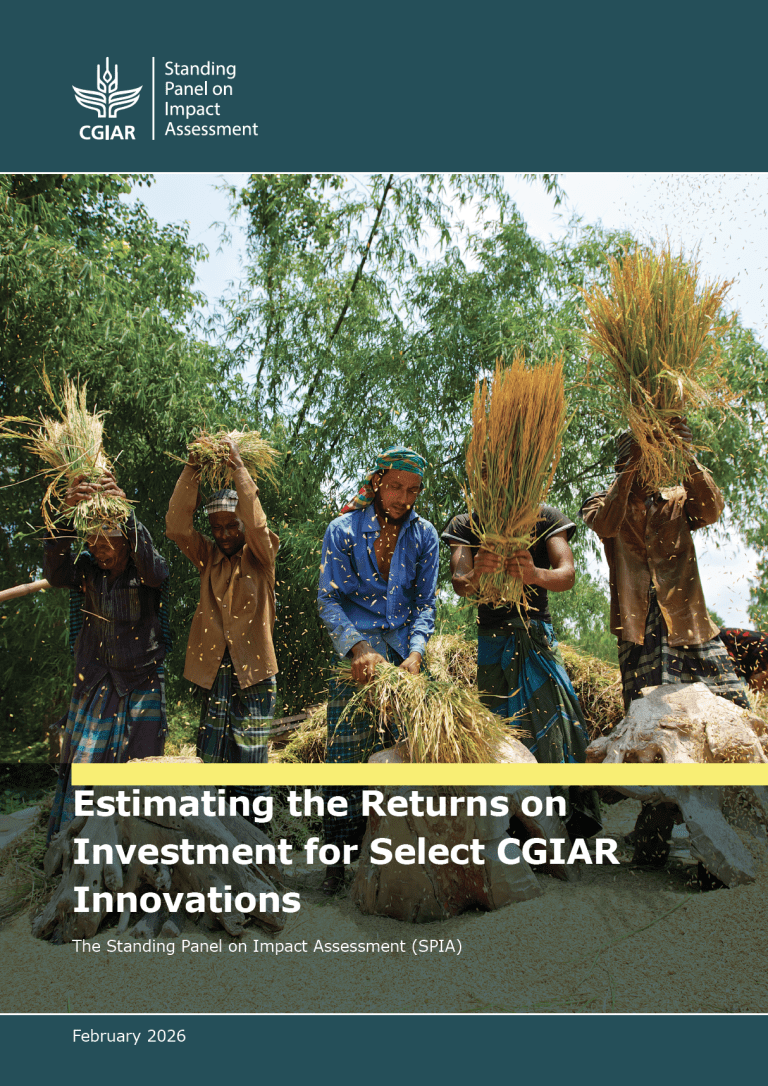A collaboration between CGIAR Standing Panel on Impact Assessment; CGIAR Excellence in Breeding Platform; World Bank Living Standards Measurement Study team; University of Minnesota
The focus of this workshop is to agree on how best to meet the challenge of collecting valid data at a policy-relevant scale, about varietal use by farmers in the first instance and – with subsequent rounds of data collection – varietal turnover and rates of diffusion of new varieties. The extent of measurement error associated with all other methods of varietal identification in surveys (farmer self-reports, expert opinion, visual-aid protocols) has been demonstrated through a series of experiments and we are now at a point when we can and should plan to scale-up DNA fingerprinting in some key countries. In order to scale up the methodology across countries and crops, difficult decisions will need to be made that balance maximum precision against the cost and logistical implications of integration into existing well-established agricultural surveys such as those of the World Bank Living Standards Measurement Study – Integrated Surveys of Agriculture (LSMS-ISA).
The program will comprise a small number of presentations regarding the results from a series of recent applications of DNA fingerprinting (many funded under the auspices of the Strengthening Impact Assessment in the CGIAR (SIAC) program) followed by a series of guided open discussions on topics for which we are working to reach consensus on good practice.
The expectation is that the insights from workshop will eventually result in two key publications: 1) a guidance document for practitioners and research managers about dos and don’ts when it comes to integrating DNA fingerprinting into household surveys (see this LSMS-ISA Guidebook on land area measurement as an example for the style of publication); 2) a short, multi-authored paper for a high-impact journal summarizing the state of knowledge and principles for mainstreaming the method into household surveys.






